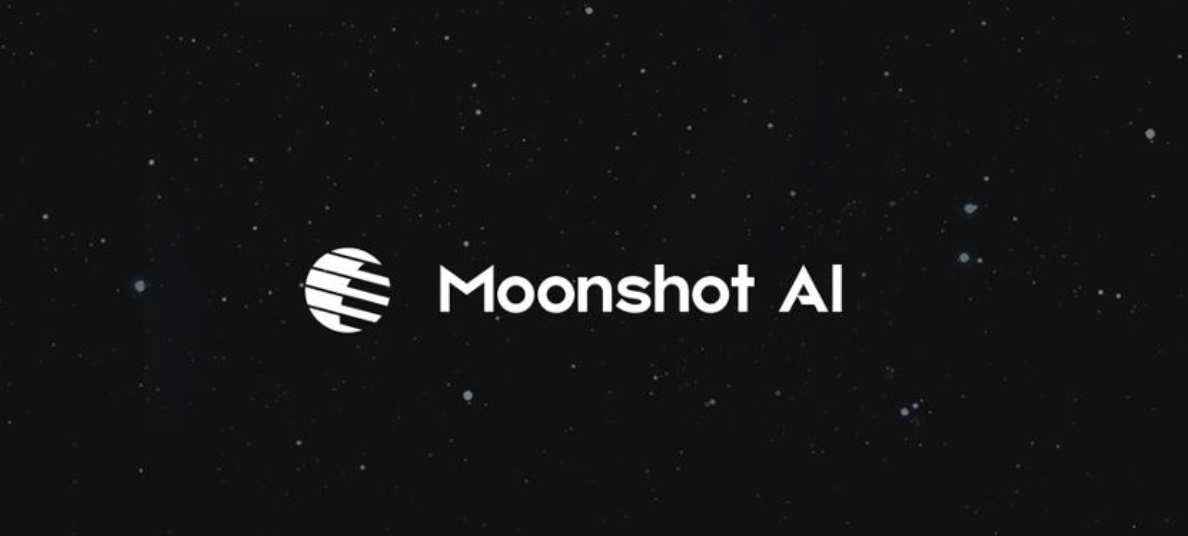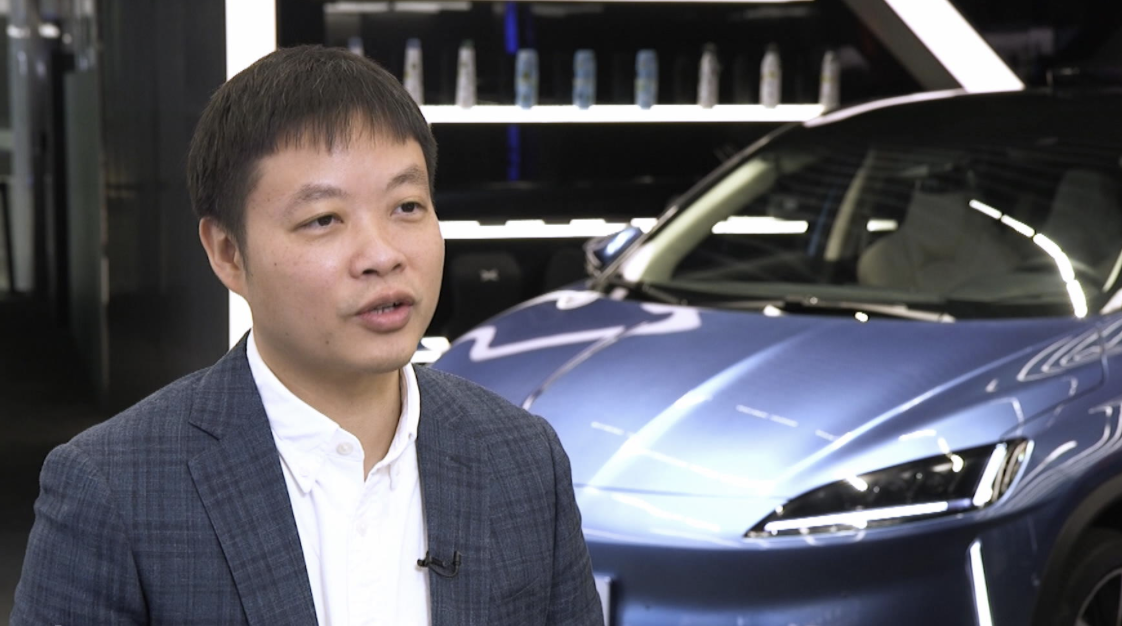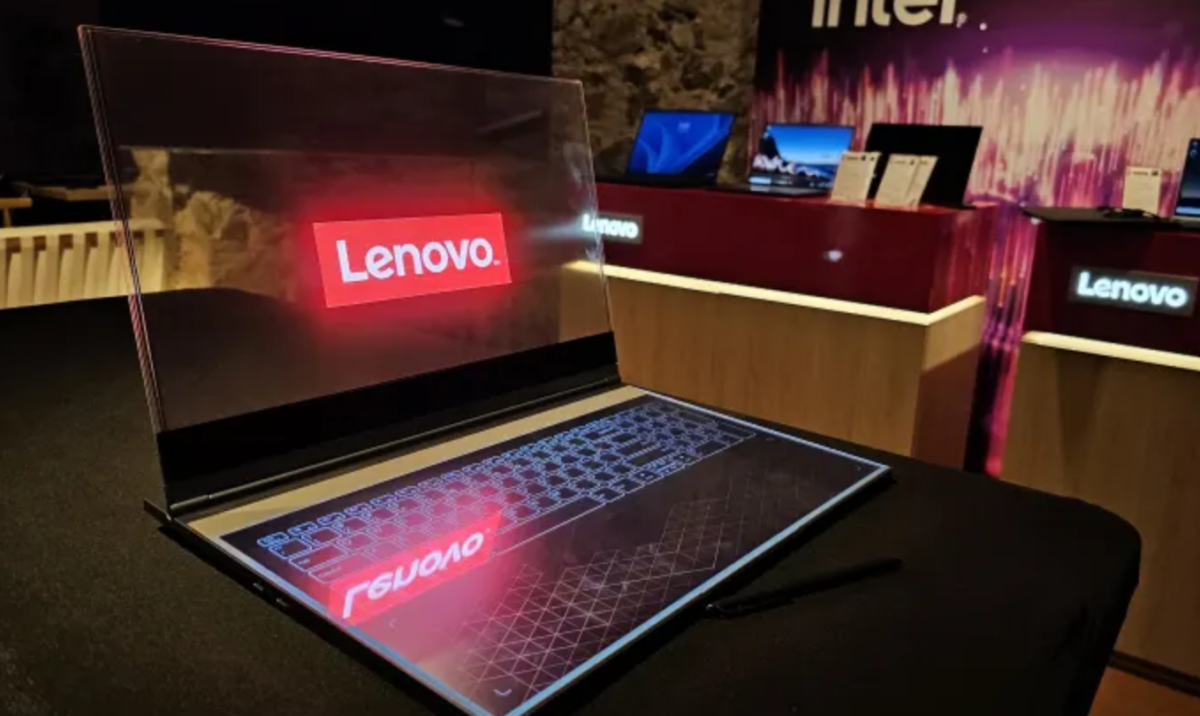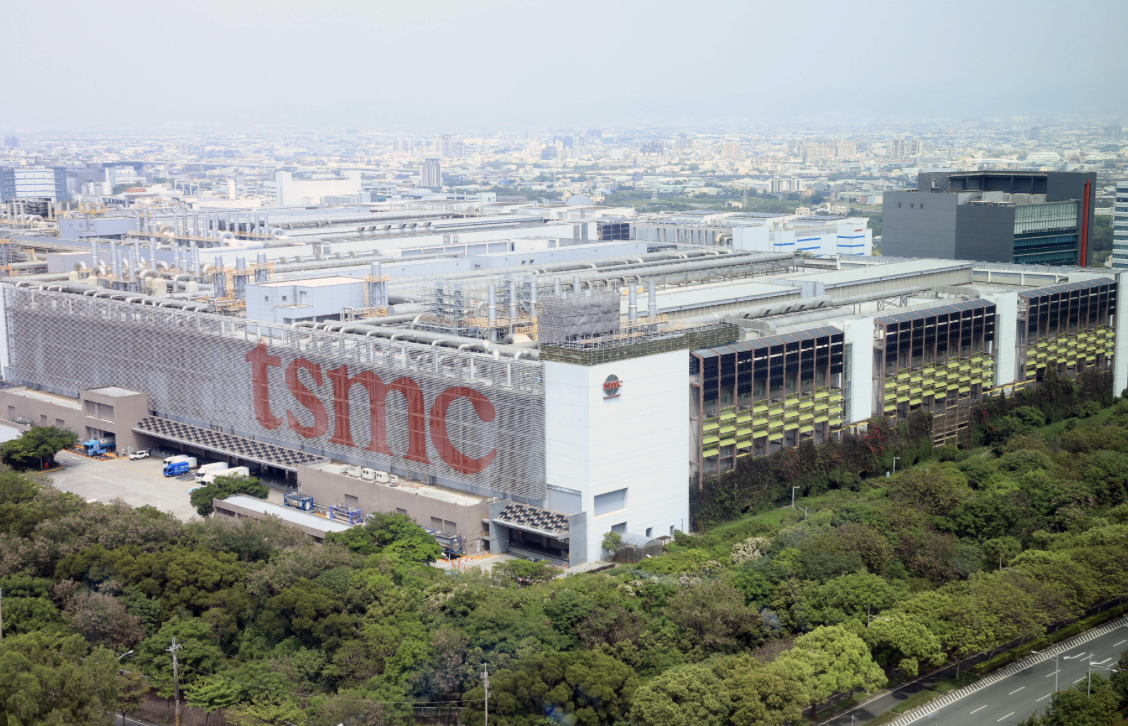Chinese start-up Moonshot AI raises $1 billion in funding
Moonshot AI, a Chinese startup focusing on large language models (LLMs), secures over $1 billion in Series B funding, potentially valuing it at $2.5 billion, the largest recorded for Chinese LLM developers. Founded less than a year ago, it emphasizes processing long-form text, launching its 100 billion-parameter LLM in March and a chatbot, Kimi, in October. Investors include Alibaba, HongShan (formerly Sequoia China), Meituan, and Xiaohongshu. Moonshot’s founder, Yang Zhilin, boasts a strong AI background, having worked at Google Brain and Meta AI.

Starbucks launches pork flavored latte in China
Starbucks introduces an unconventional Lunar New Year drink in China, the “Abundant Year Savory Latte,” featuring Dongpo Braised Pork Flavor Sauce with espresso and milk, garnished with pork sauce and meat. Priced at $9.45, it aims to blend traditional New Year customs with coffee. While Lunar New Year sees massive travel in China, with braised pork a popular dish, the latte’s reception on social media varies. Some express curiosity, while others question its high price compared to real pork.

Chinese EV maker Xpeng to invest $486 million in AI
Xpeng, a Chinese EV manufacturer, plans to hire 4,000 employees and invest $486.36 million in AI for intelligent driving amid fierce competition in China’s auto market. CEO He Xiaopeng aims to release 30 new products in three years, optimistic about 2024 despite macroeconomic challenges. Xpeng’s expansion contrasts with rivals like Nio, which are cutting costs amid sluggish demand. Volkswagen has invested $700 million in Xpeng, emphasizing the company’s growth targets for its 10th year.

Lenovo introduces new laptop concept with transparent screen
Lenovo unveils the ThinkBook Transparent Display Laptop at MWC 2024, featuring a 17.3-inch MicroLED screen with up to 55% transparency. Its object recognition allows virtual overlays of real-world items. Aimed at digital artists, the laptop’s flat touch keyboard doubles as a drawing tablet. However, typing on the projected keyboard proves challenging. The device remains still a prototype, lacking any concrete plans for consumer release.

Tech interviewers can’t tell when candidates use ChatGPT to cheat in coding rounds
Amidst the tech industry’s grappling with “zero interest rate phenomena” (ZIRP) and widespread layoffs, tech job seekers are turning to AI tools like ChatGPT to excel in coding interviews. An experiment by interviewing.io revealed that interviewers couldn’t distinguish between responses generated by ChatGPT and those by actual candidates. While AI performs well on standardized problems, it struggles with unique challenges. Candidates relying solely on their skills pass coding rounds 53% of the time, whereas ChatGPT achieves 73% accuracy on standardized LeetCode problems.

Neuralink’s first human patient is able to control mouse through thinking
Elon Musk announced that the first recipient of a brain-chip implant from Neuralink has fully recovered, demonstrating control over a computer mouse solely through thought. The patient exhibited no adverse effects, with efforts underway to maximize mouse functionality. Musk envisions utilizing this technology to address conditions such as obesity, autism, depression, and schizophrenia, with plans for rapid surgical implantations. Despite its $5 billion valuation, the startup faces scrutiny over safety protocols, including fines for breaching transportation regulations.

Japan pledges additional $4.9 billion to help TSMC expand
Japan plans to grant Taiwan’s TSMC $4.86 billion more in subsidies for constructing a second chip plant, aiming to bolster semiconductor production amid geopolitical tensions. The move follows the opening of TSMC’s first Japanese factory in Kumamoto. The new facility will produce advanced chips for AI and autonomous driving, enhancing Japan’s semiconductor supply chain resilience. TSMC intends to commence mass production in Japan by year-end, with total investment surpassing $20 billion.

Google takes Gemini offline over inaccurate historical images
Google apologized on Friday for a tranche of historically inaccurate images generated on its Gemini AI image service, and has suspended the image generation capabilities. The model’s attempt to show a diverse range of people led to overcompensation, producing racially diverse Nazis and conservative responses to prompts. They pledged to improve Gemini’s ability to accurately depict specific types of people and historical contexts before reinstating the feature. Recognizing hallucinations as a challenge in all large language models, Google commits to ongoing refinement to minimize errors in AI-generated content.












